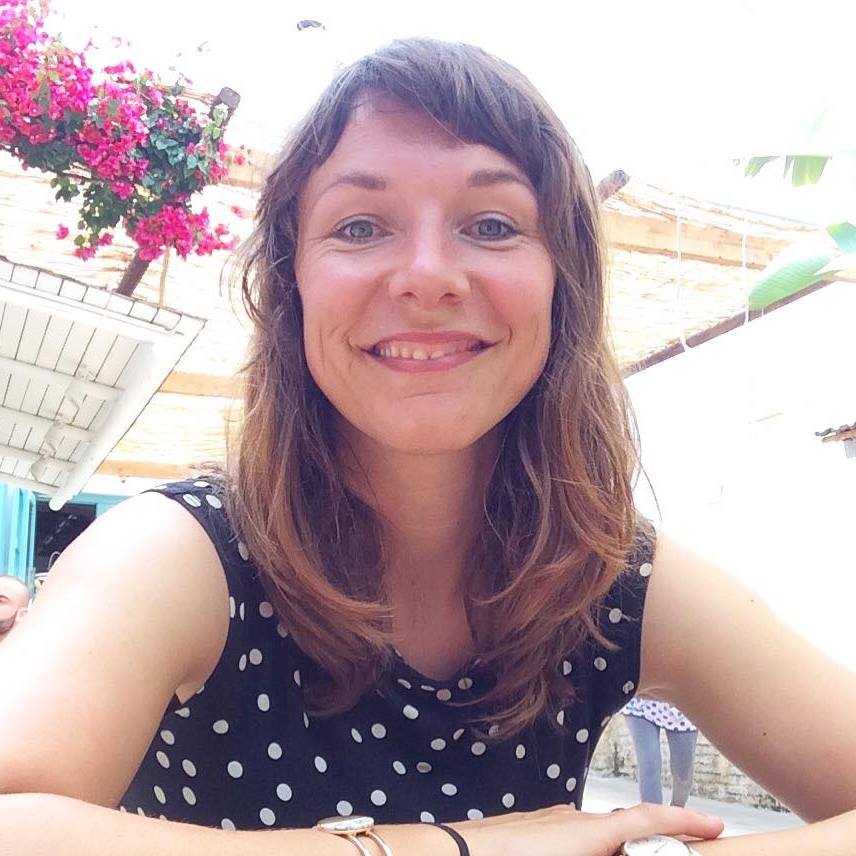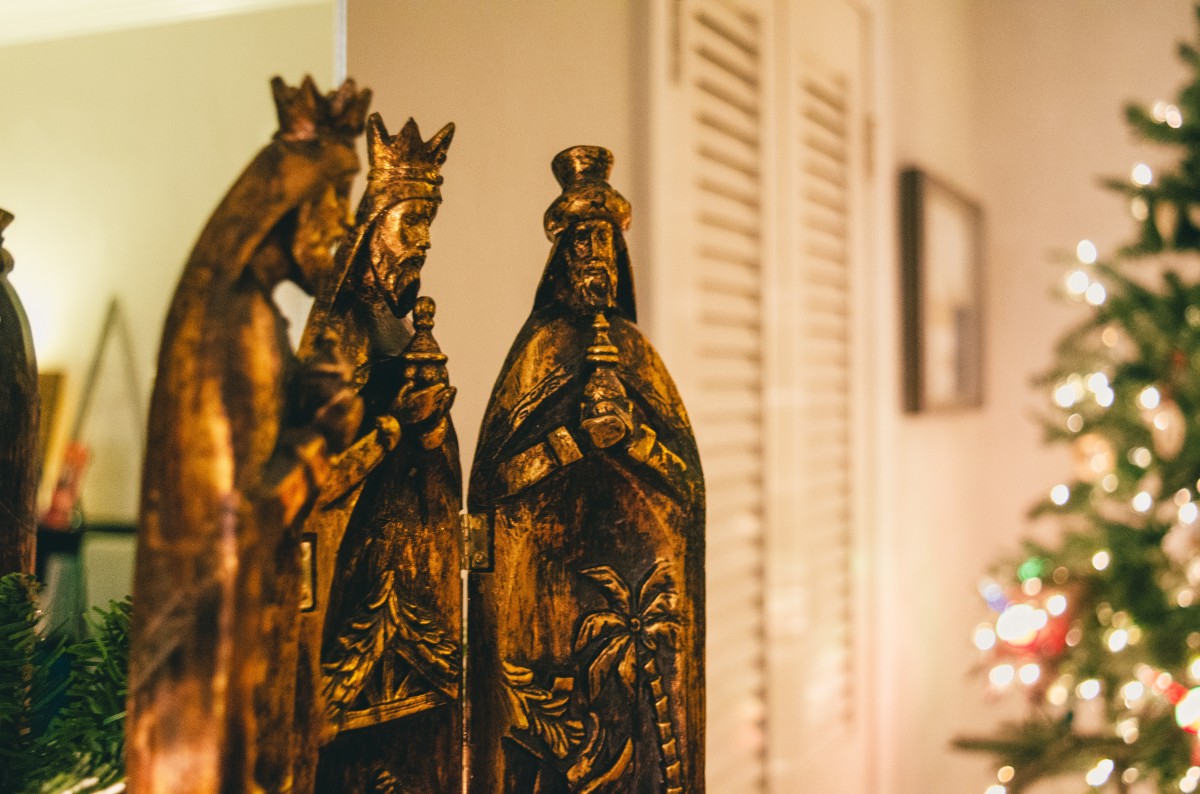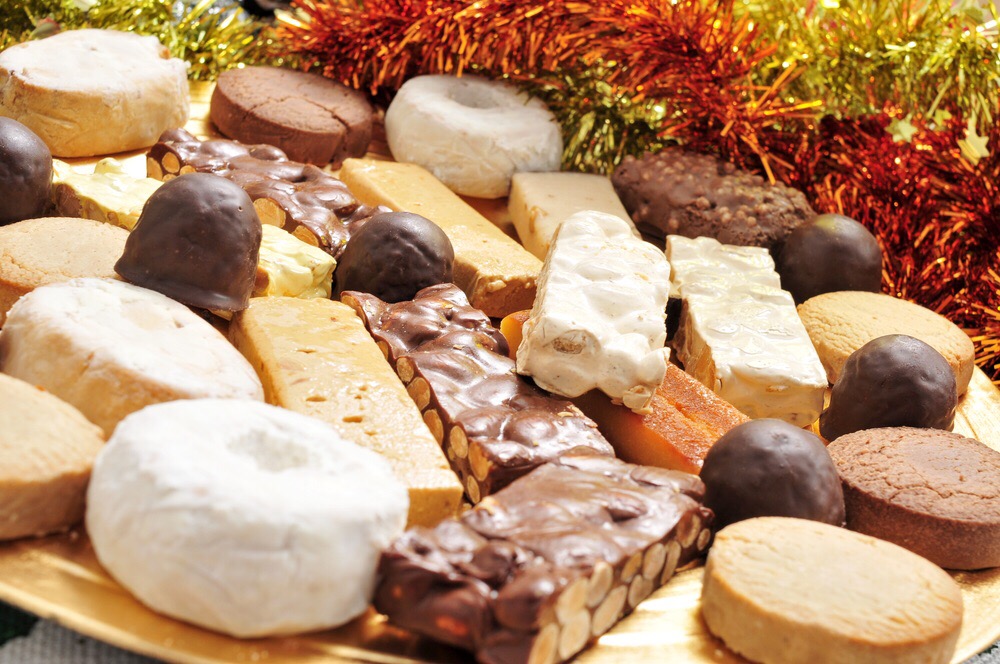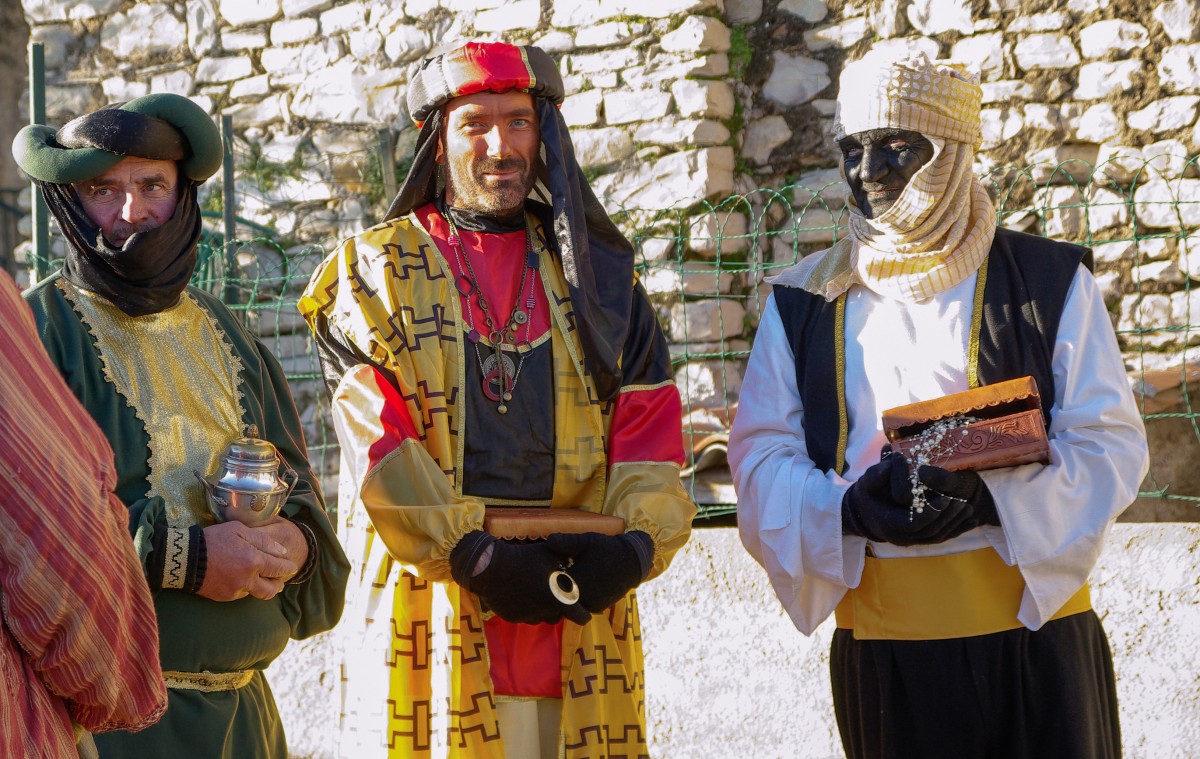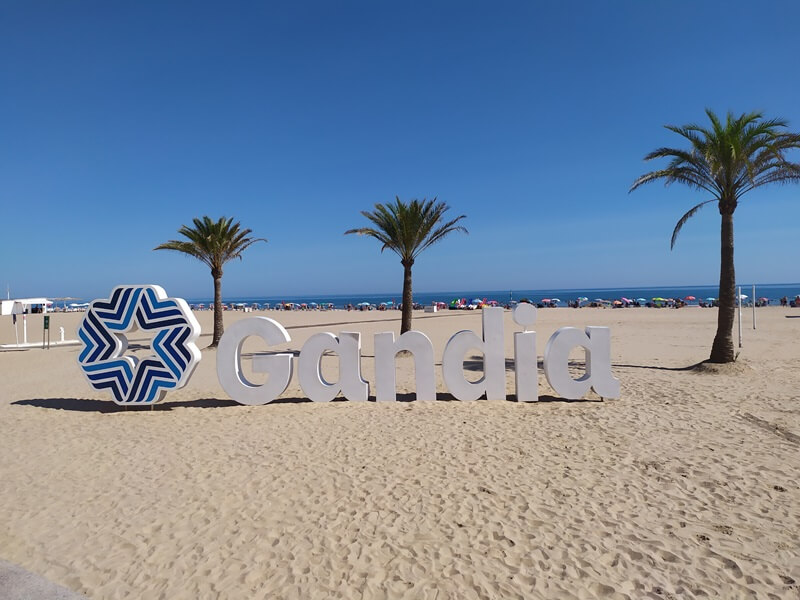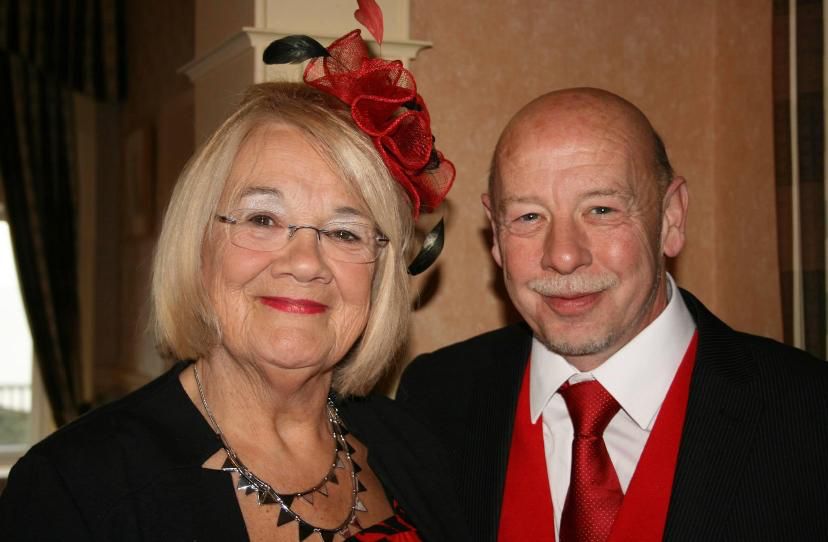
HomeEspaña looked after everything!
British couple Mark and Sylvia Jones had already moved back to The Broads in Norfolk on a permanent basis, but that didn’t stop them from being able to sell their 2-bedroom, 2-bathroom townhouse in El Jimenado (Murcia) remotely for close to asking price – HomeEspaña looked after everything!

